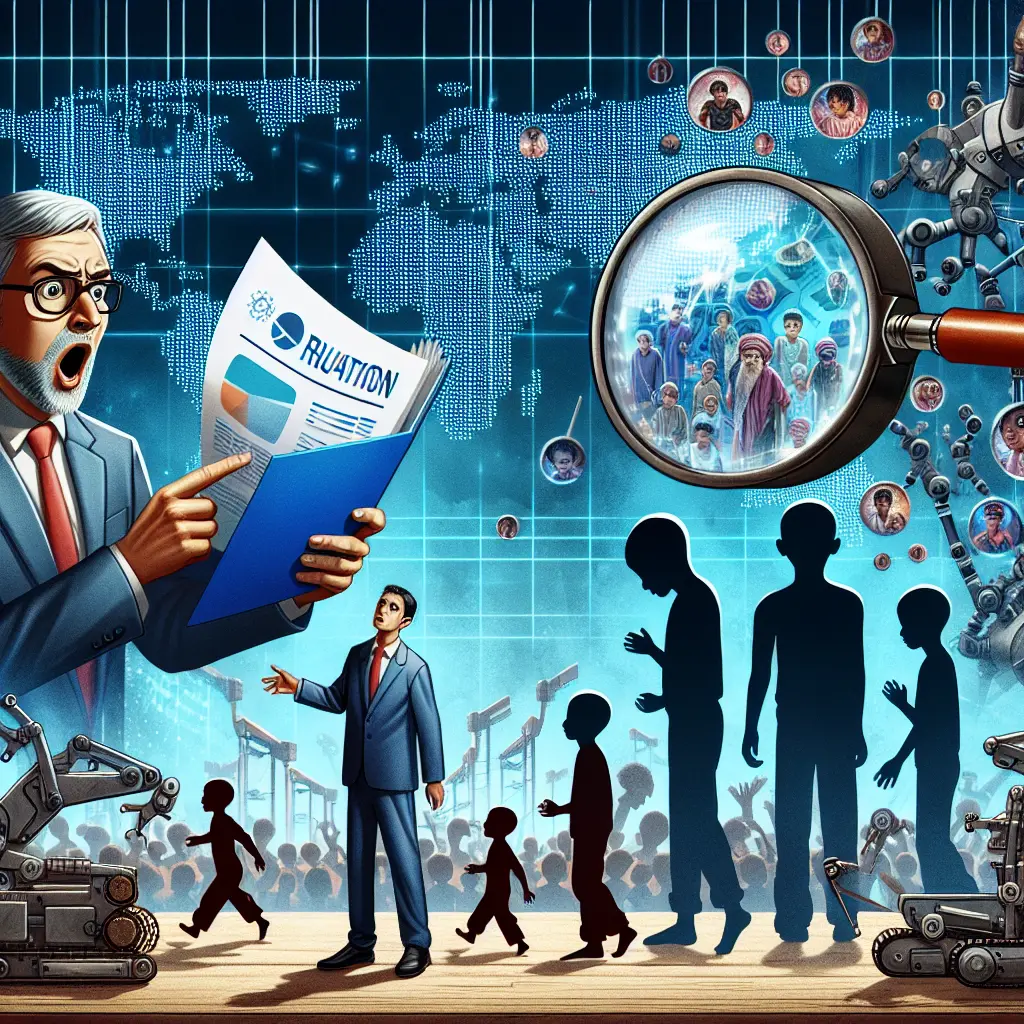
The fashion industry is at a crossroads, where the push for ethical practices collides with revelations of concerning labor issues.
Recent reports have shaken the world of fast fashion, as Shein, a major player in the industry, uncovered cases of child labor in its supply chain. These findings, detailed in the company's 2023 sustainability report, highlight the urgent need for more rigorous ethical standards and transparency in fashion.
The Unveiling of Unethical Practices
Shein's report reveals two instances of child labor, casting a spotlight on the murky waters of fast fashion's supply chain. This disclosure is a reminder of the darker side of producing affordable clothing at a rapid pace. As consumers, we are often lured by low prices and trendy designs, but these come at a potentially significant human cost.
The Cost of Fast Fashion
Human Rights Violations: The use of child labor is a clear violation of human rights, underscoring a need for companies to implement stricter oversight and ethical sourcing practices.
Environmental Impact: Fast fashion is notorious not only for labor issues but also for its significant environmental footprint. The relentless demand for new collections results in excessive waste and resource depletion.
Consumer Responsibility: As shoppers, we have the power to influence change by choosing to support brands that prioritize ethical practices and sustainability.
Steps Towards Ethical Fashion
To move towards a more ethical fashion industry, both companies and consumers can take proactive measures:
Companies: Brands need to conduct regular audits, enhance supply chain transparency, and commit to sustainable practices. This involves not just correcting mistakes but actively preventing them through education and robust policy implementation.
Consumers: By being more conscious of purchasing decisions and opting for sustainable brands, consumers can drive demand for ethical fashion. Supporting local artisans and second-hand markets are other viable alternatives.
Governments and NGOs: These entities play a crucial role by enforcing regulations and supporting initiatives that promote ethical labor practices globally.
The Path Forward
The revelations from Shein serve as a crucial reminder that while the allure of cheap fashion is powerful, the ethical implications cannot be ignored. The industry must prioritize human rights and environmental sustainability over profit margins.
As we look to the future, the commitment to ethical fashion requires a collective effort from all stakeholders involved. By fostering a culture of accountability and transparency, we can ensure that fashion becomes a force for good rather than a source of exploitation.
For more insights on Shein's findings and the broader implications for the fashion industry, you can read the original article here.
In closing, it's imperative that we all contribute to weaving a new fabric in the world of fashion—one that values ethics over expedience. Together, we can redefine what it means to be fashionable. Until next time, let’s continue to strive for fashion that reflects our values and honors humanity.
Warm regards,
Fiona Sterling